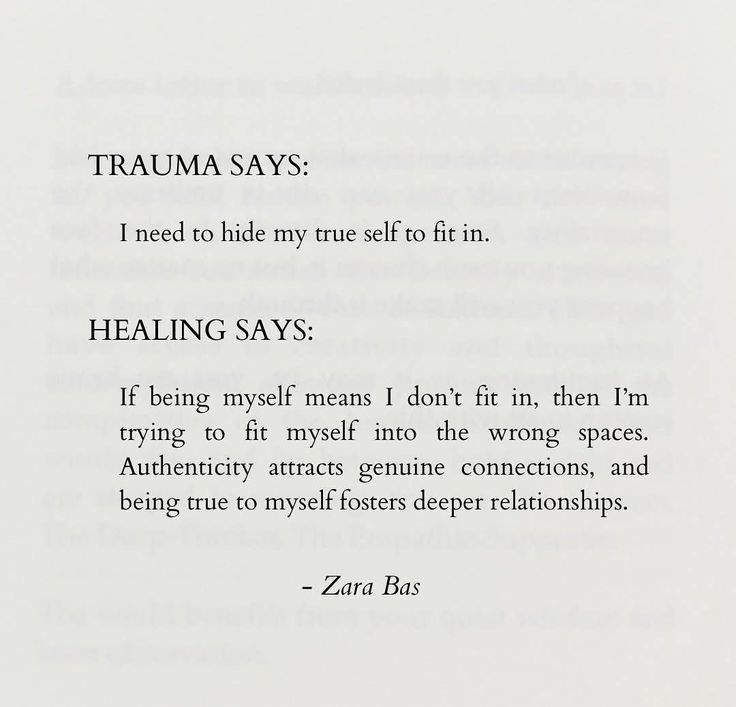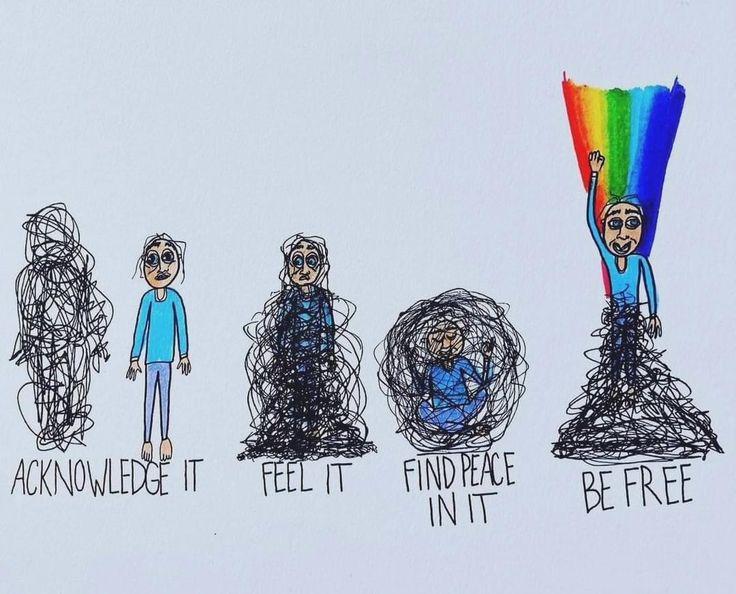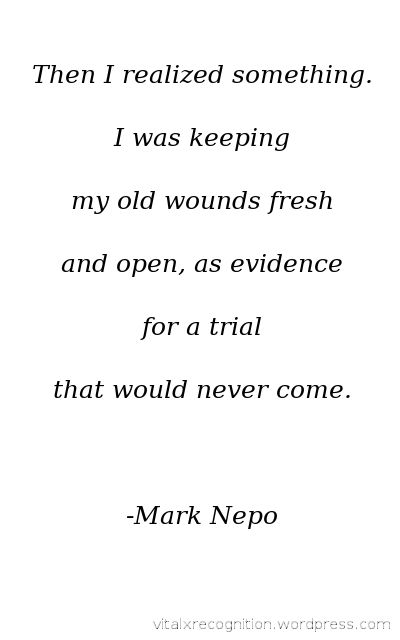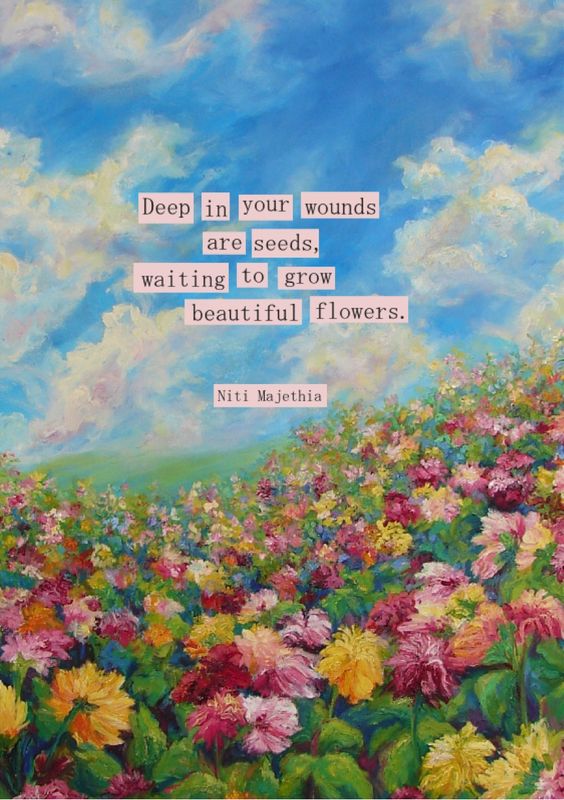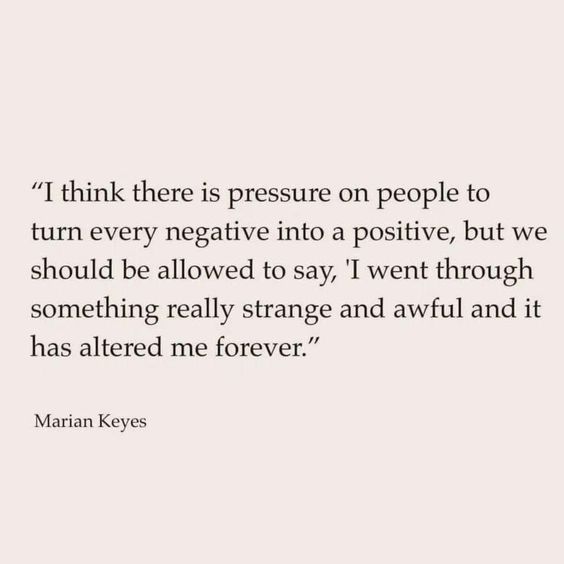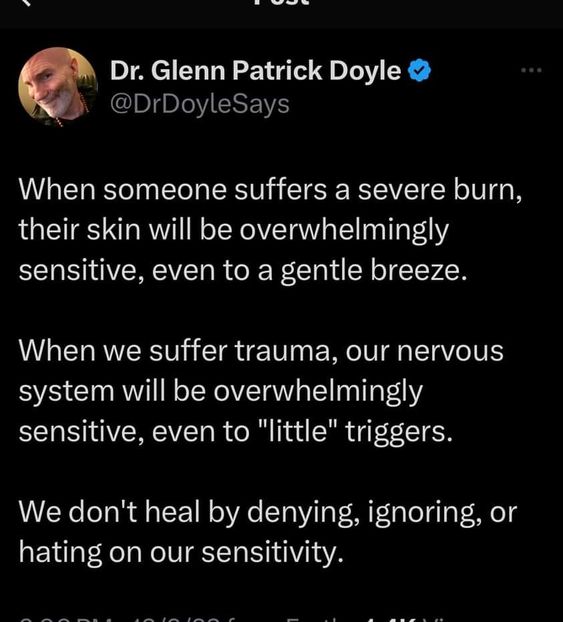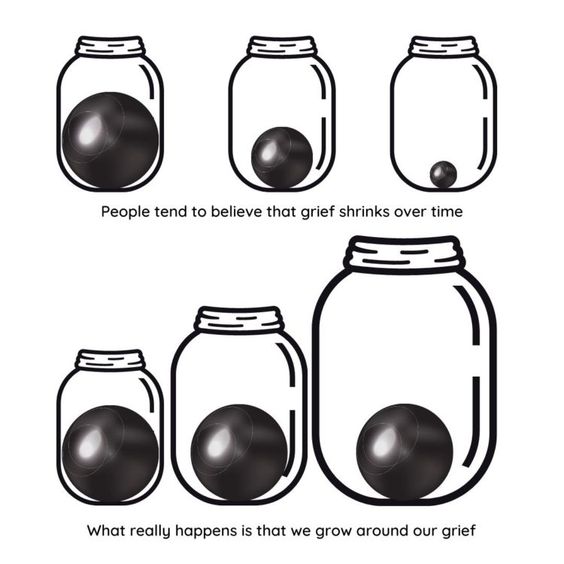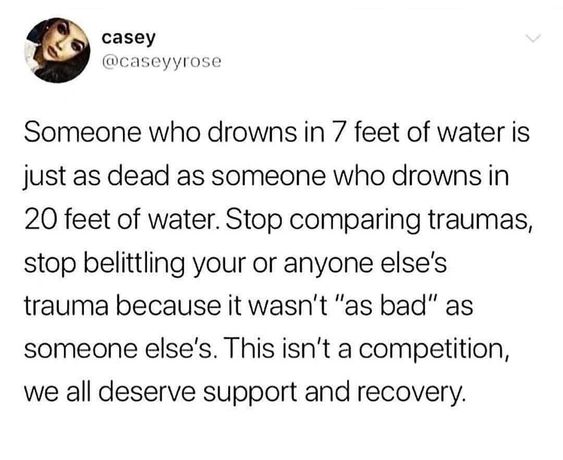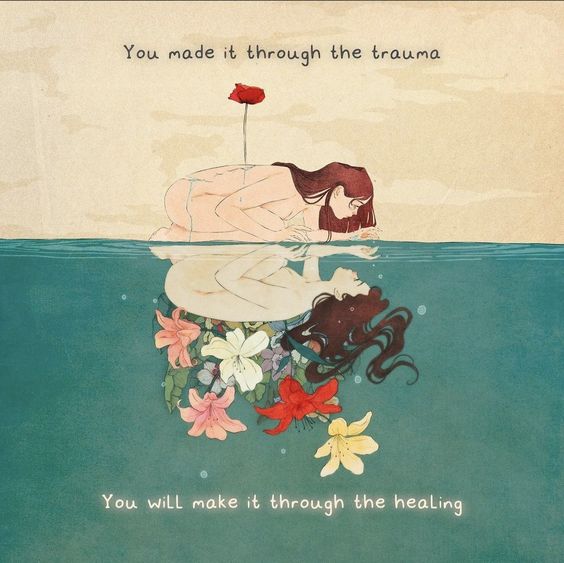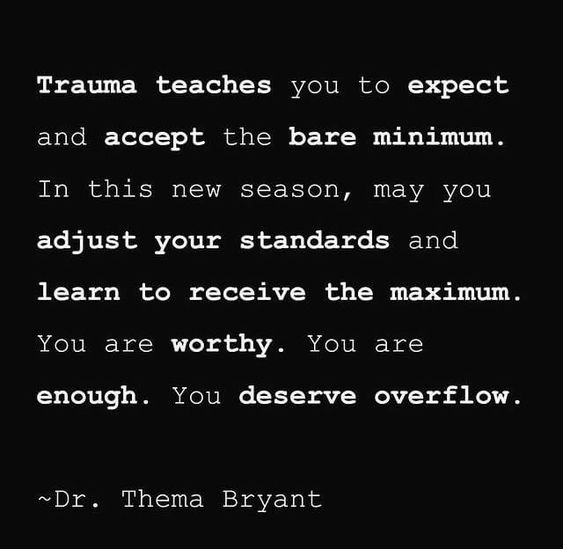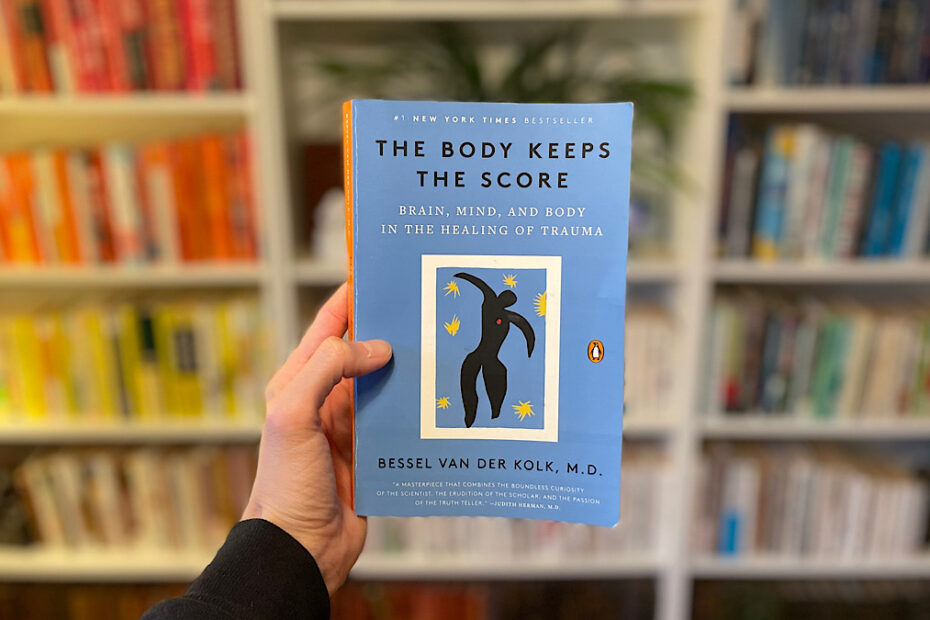Heavy: An American Memoir [Book]
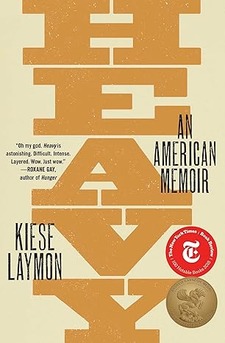
Book Overview: In Heavy, Laymon writes eloquently and honestly about growing up a hard-headed black son to a complicated and brilliant black mother in Jackson, Mississippi. From his early experiences of sexual violence, to his suspension from college, to time in New York as a college professor, Laymon charts his complex relationship with his mother, grandmother, anorexia, obesity, sex, writing, and ultimately gambling. Heavy is a “gorgeous, gutting…generous” (The New York Times) memoir that combines personal stories with piercing intellect to reflect both on the strife of American society and on Laymon’s experiences with abuse. By attempting to name secrets and lies he and his mother spent a lifetime avoiding, he asks us to confront the terrifying possibility that few in this nation actually know how to responsibly love, and even fewer want to live under the weight of actually becoming free.
“Those who hurt have been hurt. Hurt is passed down from one person to another, like this, pain spreads through the web of humanity. People who learn to heal themselves are points in the web of humanity where hurt is decreased and where it is less likely for new hurt to spread to another person. Having a mindset where you do your best to not harm those who cross your path makes the world a more peaceful place.”
Yung Pueblo
Crying In H Mart [Book]
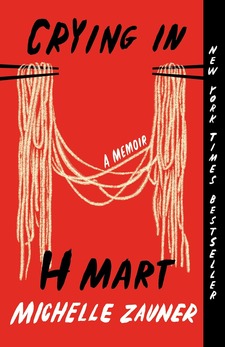
Book Overview: In this exquisite story of family, food, grief, and endurance, Michelle Zauner proves herself far more than a dazzling singer, songwriter, and guitarist. With humor and heart, she tells of growing up one of the few Asian American kids at her school in Eugene, Oregon; of struggling with her mother’s particular, high expectations of her; of a painful adolescence; of treasured months spent in her grandmother’s tiny apartment in Seoul, where she and her mother would bond, late at night, over heaping plates of food. Vivacious and plainspoken, lyrical and honest, Zauner’s voice is as radiantly alive on the page as it is onstage. Rich with intimate anecdotes that will resonate widely, and complete with family photos, Crying in H Mart is a book to cherish, share, and reread.
Post(s) Inspired by this Book:
40 Bessel van der Kolk Quotes on Trauma and Healing from The Body Keeps The Score
Excerpt: A deeply insightful collection of quotes on trauma and healing from one of the world’s foremost experts on trauma, Bessel van der Kolk.
Read More »40 Bessel van der Kolk Quotes on Trauma and Healing from The Body Keeps The Score
“Trauma constantly confronts us with our fragility and with man’s inhumanity to man but also with our extraordinary resilience. I have been able to do this work for so long because it drew me to explore our sources of joy, creativity, meaning, and connection—all the things that make life worth living. I can’t begin to imagine how I would have coped with what many of my patients have endured, and I see their symptoms as part of their strength—the ways they learned to survive.”
Bessel van der Kolk, The Body Keeps The Score (Page 358) | ★ Featured on this book list.
“It is standard practice in many schools to punish children for tantrums, spacing out, or aggressive outbursts—all of which are often symptoms of traumatic stress. When that happens, the school, instead of offering a safe haven, becomes yet another traumatic trigger. Angry confrontations and punishment can at best temporarily halt unacceptable behaviors, but since the underlying alarm system and stress hormones are not laid to rest, they are certain to erupt again at the next provocation.”
Bessel van der Kolk, The Body Keeps The Score (Page 355) | ★ Featured on this book list.
“Many psychiatrists today work in assembly-line offices where they see patients they hardly know for fifteen minutes and then dole out pills to relieve pain, anxiety, or depression. Their message seems to be ‘Leave it to us to fix you; just be compliant and take these drugs and come back in three months—but be sure not to use alcohol or (illegal) drugs to relieve your problems.’ Such shortcuts in treatment make it impossible to develop self-care and self-leadership.”
Bessel van der Kolk, The Body Keeps The Score (Page 351) | ★ Featured on this book list.
“People can learn to control and change their behavior, but only if they feel safe enough to experiment with new solutions. The body keeps the score: If trauma is encoded in heartbreaking and gut-wrenching sensations, then our first priority is to help people move out of fight-or-flight states, reorganize their perception of danger, and manage relationships.”
Bessel van der Kolk, The Body Keeps The Score (Page 351) | ★ Featured on this book list.
“In today’s world your ZIP code, even more than your genetic code, determines whether you will lead a safe and healthy life. People’s income, family structure, housing, employment, and educational opportunities affect not only their risk of developing traumatic stress but also their access to effective help to address it. Poverty, unemployment, inferior schools, social isolation, widespread availability of guns, and substandard housing all are breeding grounds for trauma. Trauma breeds further trauma; hurt people hurt other people.”
Bessel van der Kolk, The Body Keeps The Score (Page 350) | ★ Featured on this book list.
“Traumatized people are afraid of conflict. They fear losing control and ending up on the losing side once again. Conflict is central to theater—inner conflicts, interpersonal conflicts, family conflicts, social conflicts, and their consequences. Trauma is about trying to forget, hiding how scared, enraged, or helpless you are. Theater is about finding ways of telling the truth and conveying deep truths to your audience. This requires pushing through blockages to discover your own truth, exploring and examining your own internal experience so that it can emerge in your voice and body on stage.”
Bessel van der Kolk, The Body Keeps The Score (Page 337)
